
Dear friends and colleagues, As one of his final acts as President of the United States of America, Barack Obama signed an executive order easing sanctions against Sudan.
The decision to lift the nearly twenty year old embargo was met with mixed reactions from the human rights community, drawing sharpcriticismfrom civil society organisations, while also being welcomed by the UN Special Rapporteur on human rights and international sanctions who previously made recommendations tomitigatethe impact of the measures on Sudan's most vulnerable citizens.
Welcome as this would be, the reality today is that many Sudanese continue to suffer widespread human rights violations at the hand of their government. President Omar al-Bashirremainsthe only serving Head of State indicted by the International Criminal Court, and, in thewakeof a civil disobedience campaign, human rights defenders (HRDs) have again come under attack by his repressive regime.
On 16 January, just three days after President
Obama
lauded
the "positive steps” by Sudan, the National Intelligence and Security Services (NISS)
arrested
human rights lawyer
Tasneen Ahmed Taha
Alzaki at her offices in North Darfur. She is now one of at least 17 HRDs held incommunicado, locked in a prison system where
the
use
of rape and rape threats against female detainees has been well documented.
Renowned HRD Mudawi Ibrahim Adam is among those
currently
held
by NISS. On 22 January he went on hunger strike, protesting his continued detention without access to a lawyer after being arrested on 7 December 2016. In what seems like an attempt to force him to stop,
Mr. Mudawi was severely beaten by members of
NISS, and then chained to the walls of his cell.
Meanwhile, the court case against ten human rights defenders associated with the Khartoum-based TRACKS for Training and Development is still ongoing. On 19 January, capital charges against director Khalafalla Al-Afif Mukhtar and one of his colleagues were dropped and, although still facing charges in a separate case, the two men can now seek bail.
These Sudanese HRDs have been held for over nine months facing criminal charges for doing legitimate human rights work. During this time
Mr. Mukhtar has
been
refused
proper medical treatment despite suffering from a heart condition. It is extremely concerning that criminal charges carrying the death penalty against Midhat
Hadman , the Director of the
Zarqua Organisation for Rural Development, who was arrested while giving a training at TRACKs, were not dropped.
President Obama’s executive order contains a review period of six months, after which sanctions can be reinstated. Now that Sudan has been offered an olive branch, it’s essential that its leaders take immediate steps towards respecting the rule of law and immediately and unconditionally release individuals prosecuted on spurious charges for doing legitimate human rights work.
Like many, I have been watching the recent events in the United States with a sense of trepidation, wondering what it means for those of us who stand for human rights. This will be a test for Sudan and the United States both.
Yours in solidarity,
Hassan Shire
Executive Director
|
|||||||||||||
|
|||||||||||||
|
|
|||||
|
|||||
|



 0
0 






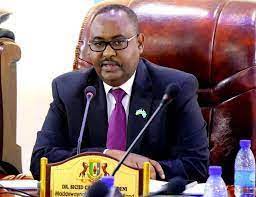
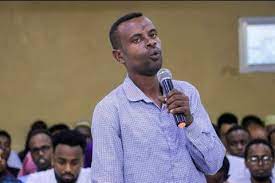
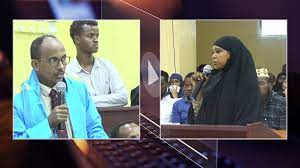

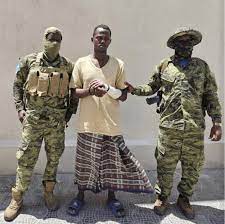


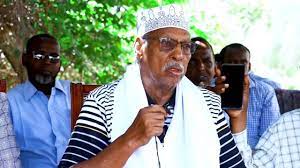
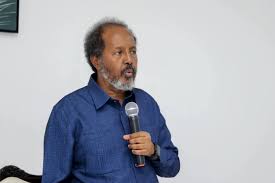
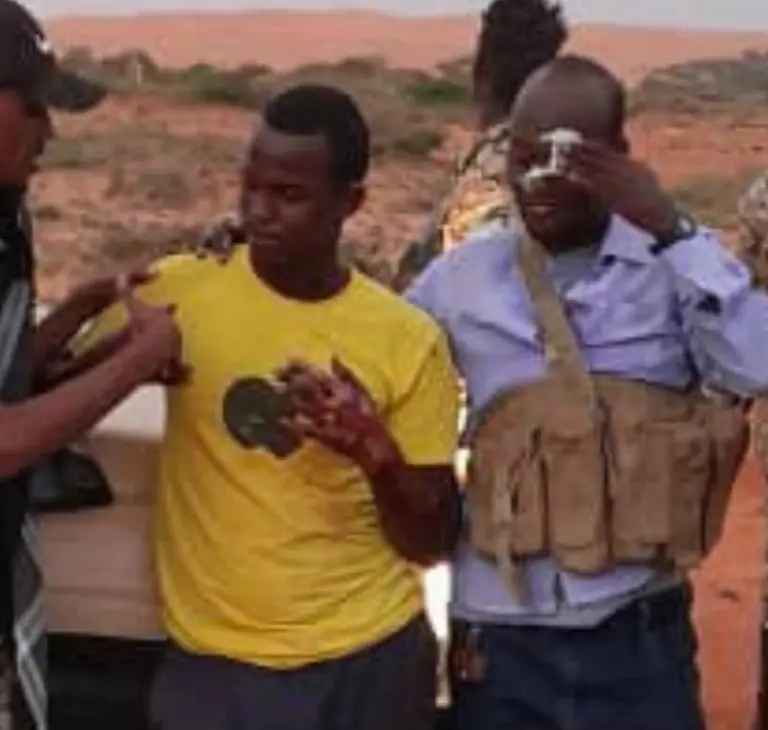
Dear friends and colleagues, As one of his final acts as President of the United States of America, Barack Obama signed an executive order easing sanctions against Sudan.
The decision to lift the nearly twenty year old embargo was met with mixed reactions from the human rights community, drawing sharpcriticismfrom civil society organisations, while also being welcomed by the UN Special Rapporteur on human rights and i